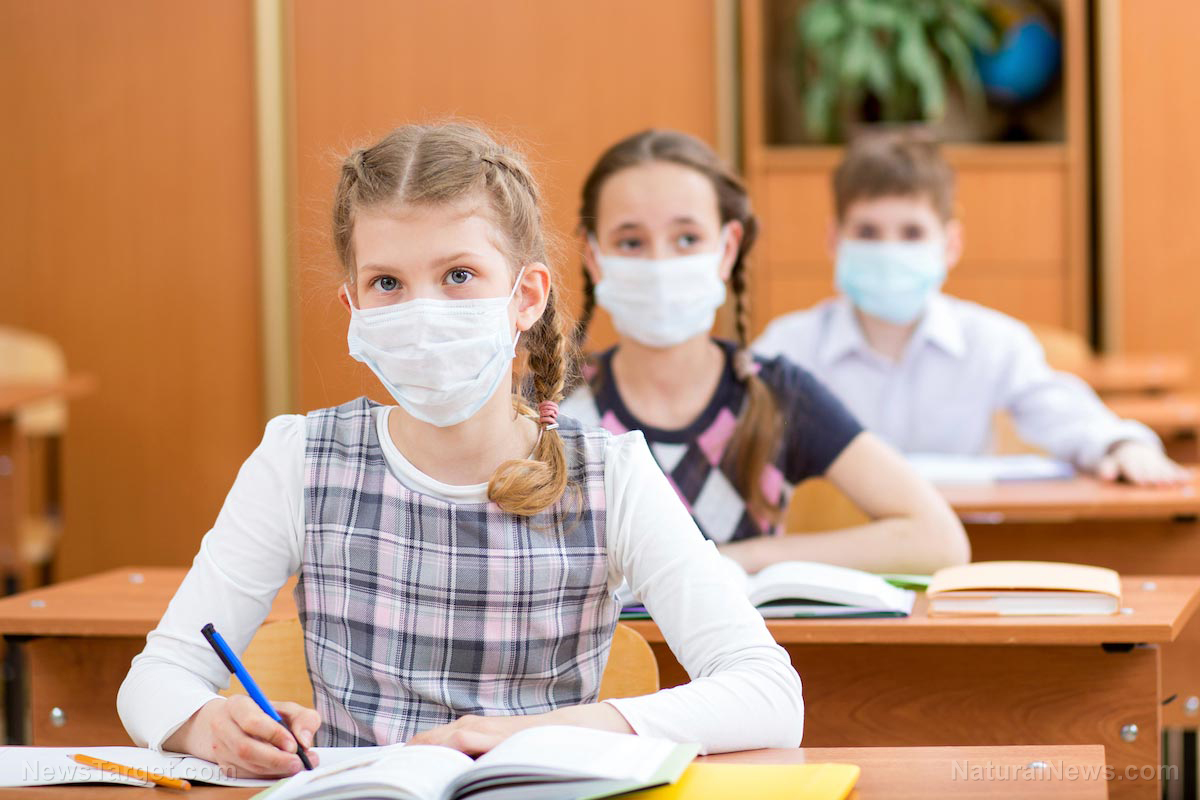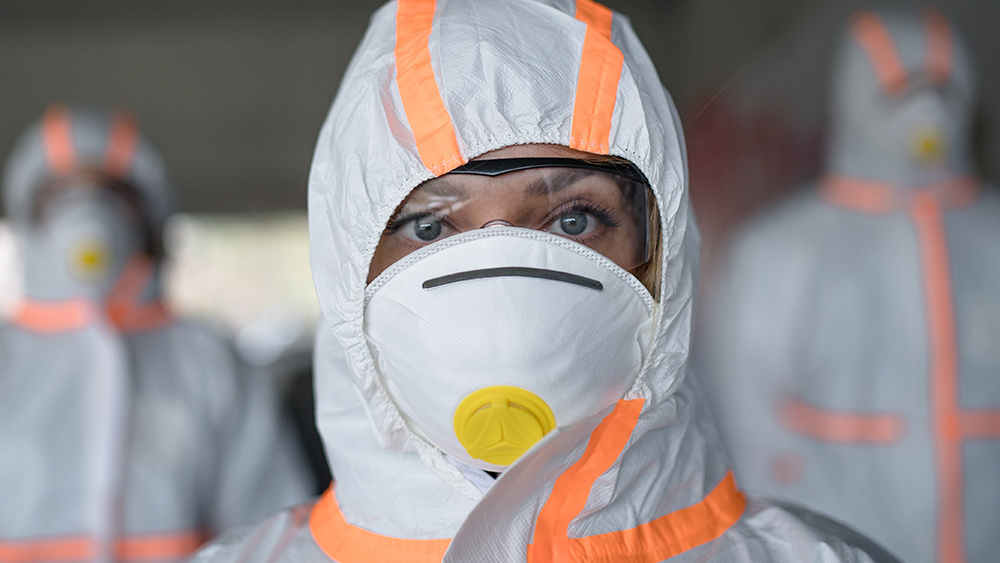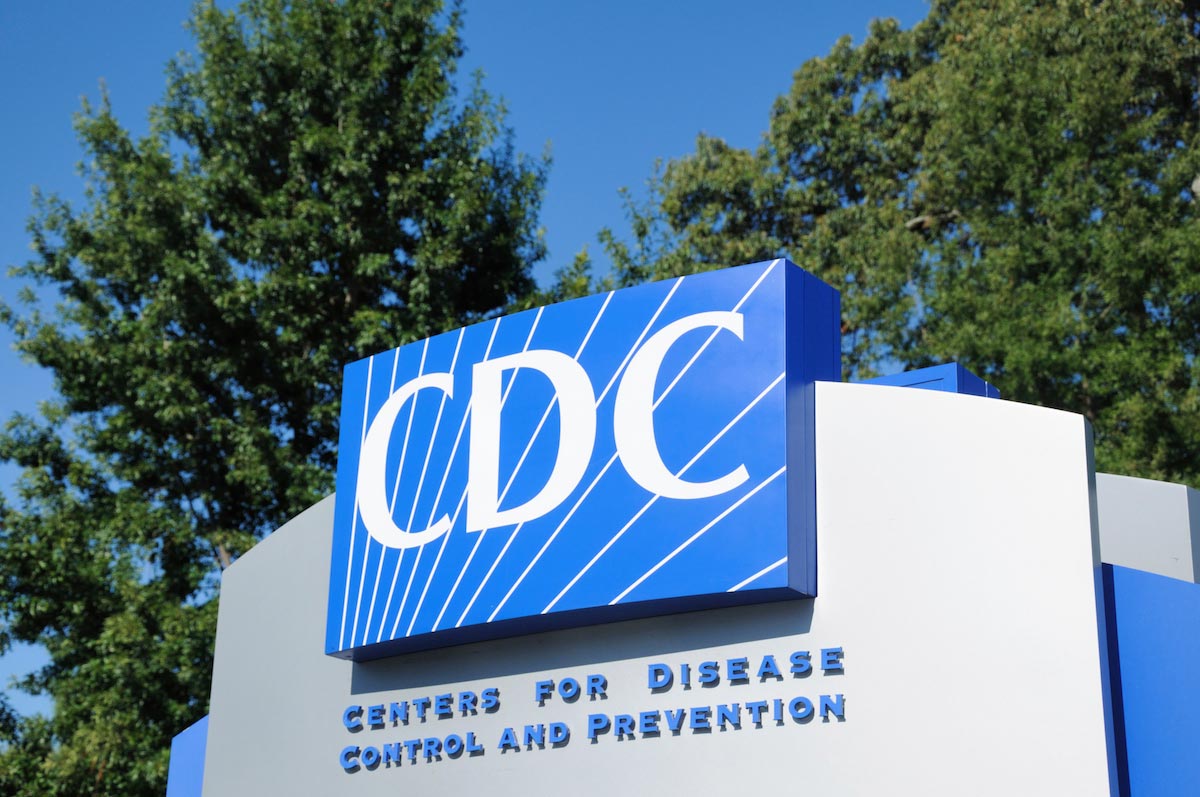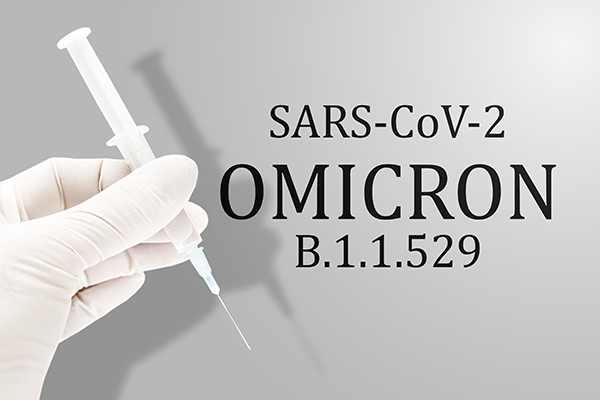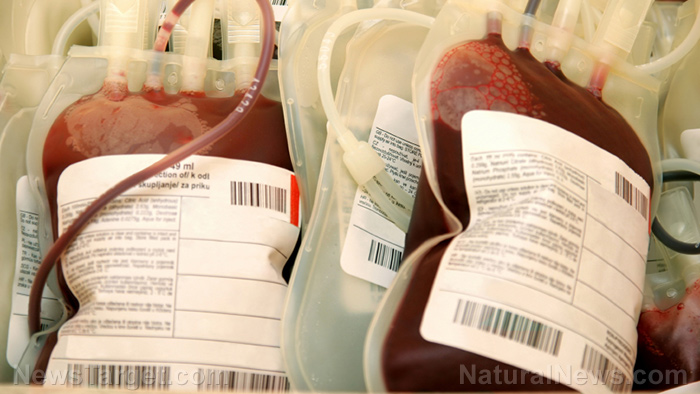French study looks at potential for fully covid jabbed to “shed” byproducts onto others
11/30/2022 / By Ethan Huff
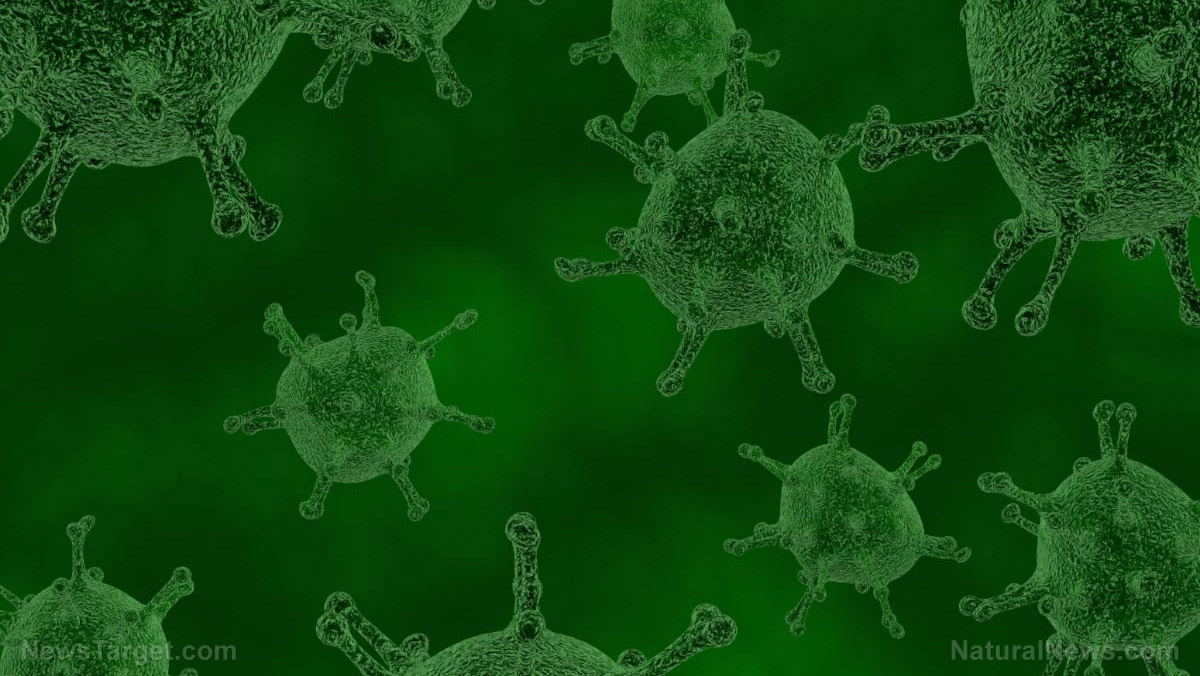
New research published in the journal Infectious Diseases Research unpacks what is currently known about the “shedding” of Wuhan coronavirus (Covid-19) “vaccines.”
Helene Banoun from the Independent Scientific Council in France addresses the excretion of messenger RNA (mRNA) and spike proteins from the jabs, which we know do not remain at the site of injection as was initially claimed. Not only do they circulate throughout the body of the recipient, but they also shed onto others, it would seem.
“The mRNA vaccines correspond exactly to the definition of gene therapy of the American and European regulatory agencies,” Banoun writes. “The regulations require excretion studies of these drugs and their products (the translated proteins). These studies have not been done for mRNA vaccines (nor for adenovirus vaccines).”
“There are numerous reports of symptoms and pathologies identical to the adverse effects of mRNA vaccines in unvaccinated persons in contact with freshly vaccinated persons. It is therefore important to review the state of knowledge on the possible excretion of vaccine nanoparticles as well as mRNA and its product, the spike protein.” (Related: Check out this interview with Dr. Christian Northrup who talks about covid jab spike protein “shedding.”)
The law requires investigation into the secretion of gene therapy, so why was it never done?
Banoun further explains how animal studies show that mRNA-carrying lipid nanoparticles circulate throughout the body and lodge their way into the bloodstream. The jab vial contents have also been found to excrete in bodily fluids such as sweat, sputum and breast milk, as well as through the transplacental barrier.

“These EVs are also able to penetrate by inhalation and through the skin (healthy or injured) as well as orally through breast milk (and why not during sexual intercourse through semen, as this has not been studied),” Banoun adds.
“It is urgent to enforce the legislation on gene therapy that applies to mRNA vaccines and to carry out studies on this subject while the generalization of mRNA vaccines is being considered.”
Banoun does clarify in her paper that “vaccine shedding” refers to the potential for jab chemicals to excrete and pass on to others after a person has been “freshly vaccinated,” the implication being that the shedding window might be relatively small.
Since no full-scale studies have been conducted, though, there is really no way to know just how long a fully jabbed person can shed after the needle has left the arm, hence why she and others are now looking into it.
“… this is valid only for live attenuated virus vaccines (measles / mumps / rubella [MMR], chickenpox, rotavirus, nasal spray influenza),” she writes.
“No COVID-19 vaccine uses this formula. Therefore, there is no risk that a vaccine recipient will transmit a vaccine virus. However, mRNA-based COVID-19 vaccines are the first to be used commercially in humans on a global scale and no studies have been conducted regarding the possible excretion of the vaccine itself (lipid nanoparticles containing mRNA) of the vaccine mRNA or of the vaccine product, the spike protein translated by the cells of the vaccinee.”
Banoun says that upon first hearing about the possibility of covid jab shedding, she was skeptical. However, upon investigation, she discovered that there have been verifiable cases in which nanoparticles and other jab substances have transmitted from the jabbed to the non-jabbed.
“There are many testimonies of non-vaccinated persons who experienced symptoms identical to the adverse effects of the vaccine after having been in contact with freshly vaccinated persons,” she concludes.
“A study shows an excess of mortality in the non-vaccinated age groups when vaccination campaigns begin, which could be explained by a phenomenon of transmission of the vaccine or its product.”
The latest news about Fauci Flu shots can be found at ChemicalViolence.com.
Sources for this article include:
Submit a correction >>
Tagged Under:
Censored Science, chemical violence, COVID, mRNA, research, shedding, Suppressed, vaccination, vaccine, vaccine injury, vaccine wars, vaccines
This article may contain statements that reflect the opinion of the author


